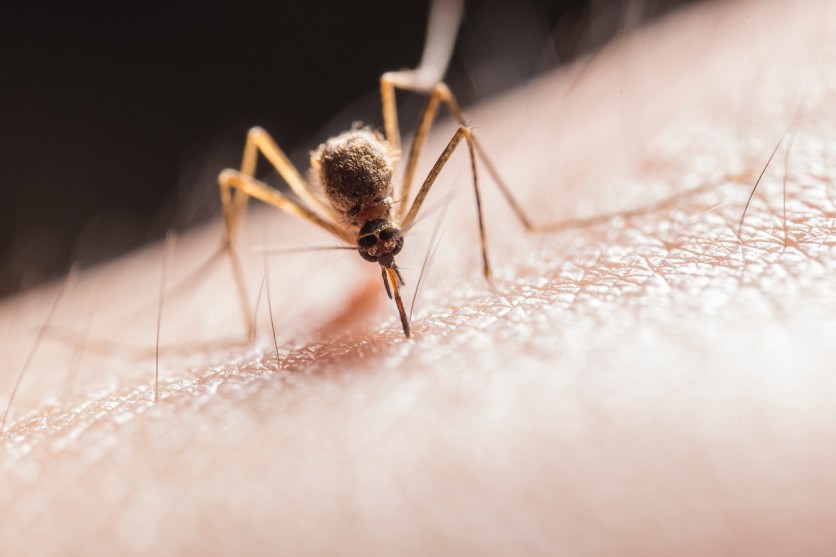A malaria vaccine made by GlaxoSmithKline has been endorsed by the World Health Organization (WHO) for widespread use.
The malaria vaccine, known as the RTS, S/AS01 (RTS,S) malaria vaccine, is being recommended for children starting at the age of five months. The vaccine will have a four-dose schedule.
Malaria Vaccine by GlaxoSmithKline Endorsed by WHO
The malaria vaccine developed by GlaxoSmithKline has received the WHO's endorsement for widespread use.
The endorsement is based on the results of a pilot program that has been conducted in Ghana, Kenya, and Malawi since 2019, according to a news release posted on the WHO website.
WHO Director-General Dr. Tedros Adhanom Ghebreyesus has referred to the endorsement of the malaria vaccine as a "historic moment."
"The long-awaited malaria vaccine for children is a breakthrough for science, child health and malaria control," he said, as quoted in the WHO news release.
GlaxoSmithKline's malaria vaccine acts against Plasmodium falciparum, which is considered the deadliest malaria parasite in the whole world. This parasite is prevalent in Africa.
According to a report by Gizmodo, the vaccine "will be recommended for children in sub-Saharan Africa and other high-risk areas as a four-dose schedule starting at age 5 months."
The WHO news release also points out that malaria remains to be the primary cause of illness and death among children in sub-Saharan Africa, with more than 260,000 children dying from the disease every year.
Related Article: GlaxoSmithKline Wants to Bring the World Its First Malaria Vaccine
Key Points of the Malaria Vaccine Pilots
The pilot program conducted in African countries such as Ghana, Kenya, and Malawi have yielded a couple of key findings that led to the endorsement of the GlaxoSmithKline malaria vaccine for kids.
Based on the key findings of the pilot program, the malaria vaccine is feasible to deliver, has a strong safety profile, and is highly cost-effective. The findings also show that the malaria vaccine has a high impact in real-life childhood vaccination settings.
The vaccine likewise has no negative impact on "uptake of bednets, other childhood vaccinations, or health seeking behavior for febrile illness," according to the WHO news release.
It has increased equity as far as access to malaria prevention is concerned. According to the news release, "more than two-thirds of children in the 3 countries who are not sleeping under a bednet are benefitting from the RTS,S vaccine."
What is Malaria?

The WHO has defined malaria as "a life-threatening disease caused by parasites that are transmitted to people through the bites of infected female Anopheles mosquitoes."
The disease is caused by Plasmodium parasites. There are five species of this parasite that causes malaria in humans.
Symptoms of malaria usually appear 10 to 15 days after the mosquito bite. The first symptoms of malaria include fever, headache, and chills. If left untreated within 24 hours, a person may suffer from a more severe illness that often leads to death.
Also Read: Malaria Started Out As Bird Parasite Before Spreading To Other Mammals
This article is owned by Tech Times
Written by Isabella James
ⓒ 2025 TECHTIMES.com All rights reserved. Do not reproduce without permission.




